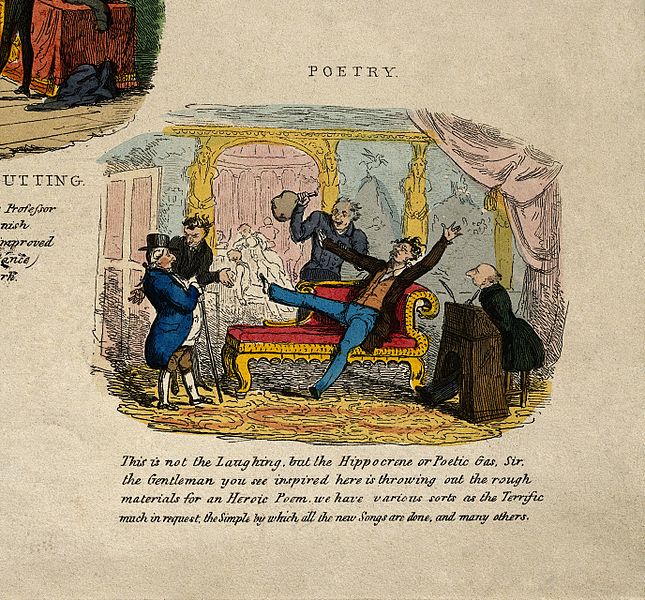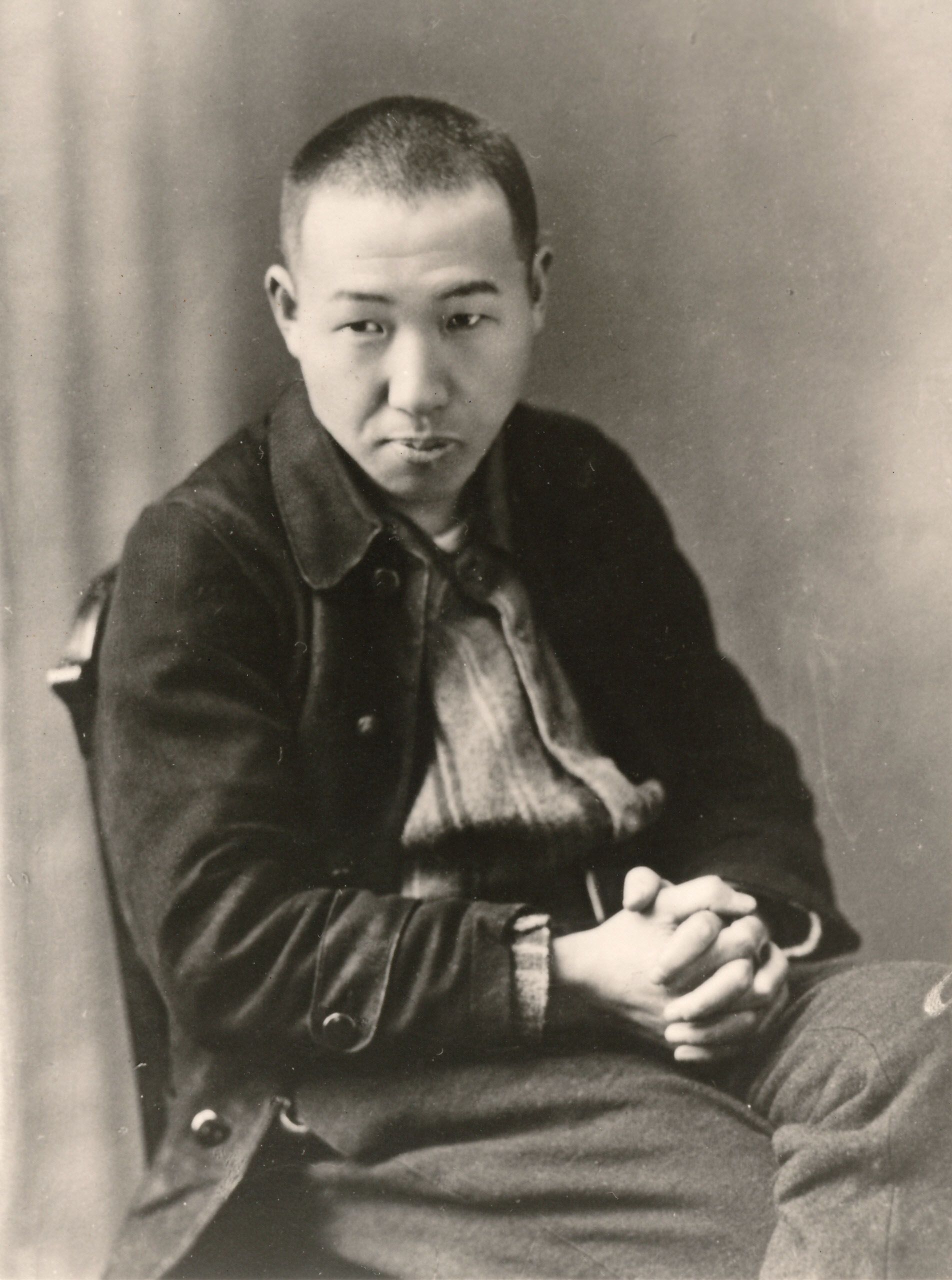In the countable sense, a verse is formally a single metrical line in a poetic composition. However, verse has come to represent any division or grouping of words in a poetic composition, with groupings traditionally having been referred to as stanzas.
In the uncountable (mass noun) sense verse refers to "poetry" as contrasted to prose. Where the common unit of verse is based on meter or rhyme, the common unit of prose is purely grammatical, such as a sentence or paragraph. Verse has had a traditional application in drama, which is therefore known as dramatic poetry, verse drama, or dramatic verse.
In the second sense verse is also used pejoratively in contrast to poetry to suggest work that is too pedestrian or too incompetent to be classed as poetry.
Types of verse

Blank Verse
Unrhymed iambic pentameter.
Free verse
Free verse is usually defined as having no fixed meter and no end rhyme. Although free verse may include end rhyme, it commonly does not.
References


